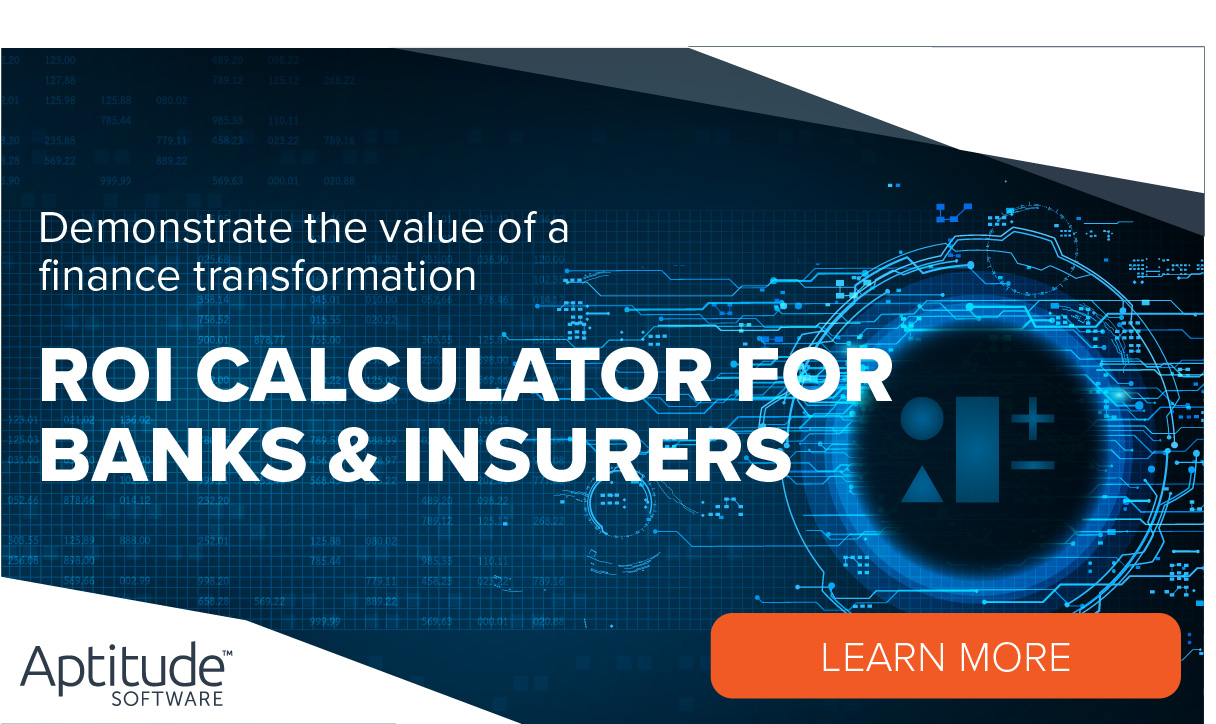Given all the economic pressures of the last year, it would make sense that organizations might consider holding up or pausing digital transformation projects in the finance function due to cost or resource considerations. However, this is not the case. Multiple CFO surveys have found that finance teams are actually accelerating digital transformation projects and increasing spend to maintain resilience.
“This digital mandate isn’t new; it’s simply been brought into sharp focus. Prior to Covid-19, a paradigm shift towards digitization and servitization of the economy was already underway. Current events have accelerated the paradigm, as evidenced by the market shift in spending towards digital businesses,” states consulting firm BDO.
Below we’ve outlined four reasons CFOs are pushing ahead with finance transformation and automation projects.
Finance transformation is critical for hiring and retention
The expected shortage of qualified, technology-proficient finance and accounting professionals has been written about for several years. Finance talent requirements continue to evolve quickly with a premium placed on professionals who are comfortable with technology and analytics and can interpret and glean insights from data and articulate them to senior management.
Add in the cultural and logistical shifts resulting from COVID-19 and a shift to full-time work from home or a hybrid model and it’s essential that the finance architecture can automate as many processes as possible to facilitate collaboration and allow stakeholders to access the data they need with strong workflow controls.
CFOs know they don’t have to wait two years to see results
A finance transformation project taking place five years ago would have required at least 18 months or longer until the CFO saw real, measurable changes in cost savings or efficiency gains. Today, with the continued embrace of cloud computing and the rise of niche, best–of–breed solutions for finance, CFOs don’t have to wait two years for vendor or in-house IT teams to build a solution. Even an expansive digital finance transformation program typically requires the project team to show realized value at various milestones throughout the project.
Bob Broz, Head of Finance Transformation at Transamerica observed this trend in a recent webinar stating, “I don’t see a lot of appetite for the long business case. I don’t see people signing up for 12 or 18-month returns. The expectation is that you have something that you are driving in the short term where you can get to effectively self-fund it where you are delivering some degree of change, some degree of cost reduction, some degree of top-line growth in that first 6 months.”
Even a partial early return on investment can de-risk finance transformation projects and make them more palatable and thus more likely to get approved by Senior Leadership.
Stakeholders are increasingly demanding Finance Data as a Service
The ability of a CFO to make finance and non-finance data readily available to parties outside the department is an area that has been coined, Finance Data as a Service, or fDaaS, and it is increasingly expected of a digital finance function. CFOs know that implementing a digital finance department will enable them to offer data-driven, real-time information at the right time, to the right stakeholder.
Finance Data as a Service involves taking finance-certified, and thereby trusted data and making it available to other areas of the business and third parties in a secure cloud environment. Under this model, technology providers would be responsible for integrating, storing, hosting, and provisioning certified finance data in a cloud environment.
Vendors would also own responsibility for integrating non-finance data like market or economic information with the appropriate control mechanisms, to ensure quality. They could also provide APIs, standard interfaces, and other tooling to make data consumable and available to internal teams or third-party applications.
If done right, the Finance Data as a Service model can allow organizations to leverage a set of pre-defined, pre-built capabilities and controls that offer an evolution from data lakes and enterprise data warehouses. Finance professionals can move away from manual reporting and offer more business value.
Implementing new technology and business models requires a digital finance department
Cutting-edge technologies offer new ways of serving customers, driving automation, cutting costs, and enabling innovation. However, organizations who attempt to run an AI or blockchain solution within a finance architecture built on legacy technology that lacks access to granular will not realize the potential value.
Similarly, organizations are constantly exploring and evaluating new innovative business models to meet changing needs. That can mean new customer purchasing channels to survive a pandemic, extending into new regions, or creating a new product bundle to stave off competition. A digital finance foundation can underpin change and growth.
Transform finance with the Aptitude Accounting Hub (AAH)
CFOs are looking at new financial management solutions, like the Aptitude Accounting Hub (AAH), an accounting rules engine and subledger, to drive a digital finance transformation.
To help organizations quantify the ROI and business benefits they can expect from AAH, we developed the AAH ROI Calculator. Through discussions with the AAH client base, our team identified 15 tangible benefit areas and actual client business outcomes, including cost savings and new, quantifiable capabilities. Download the illustrative example today to see the potential value AAH could bring to your organization.
Want to learn more?
- Learn how AAH supports a move to a cloud GL
- Hear how AAH is powering T-Mobile and helping them navigate complex M&A activity
- Read how AAH is supporting finance transformation and regulatory compliance in the insurance industry



